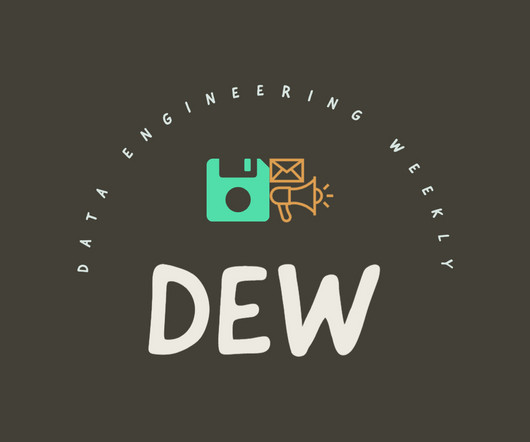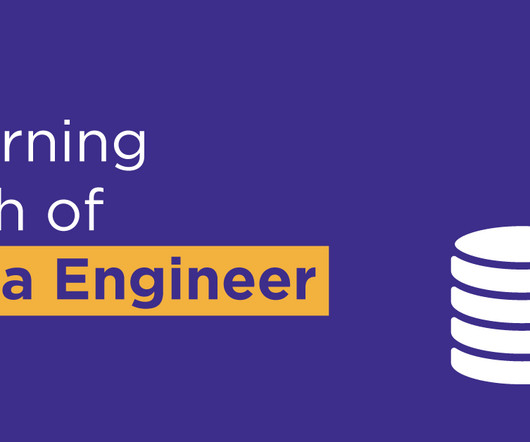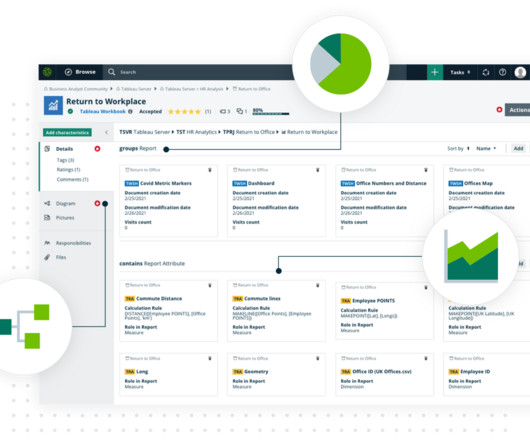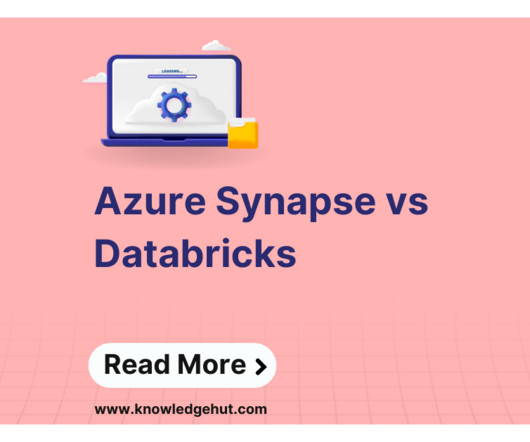Data Engineering Weekly #161
Data Engineering Weekly
MARCH 3, 2024
Here is the agenda, 1) Data Application Lifecycle Management - Harish Kumar( Paypal) Hear from the team in PayPal on how they build the data product lifecycle management (DPLM) systems. 3) DataOPS at AstraZeneca The AstraZeneca team talks about data ops best practices internally established and what worked and what didn’t work!!!












Let's personalize your content